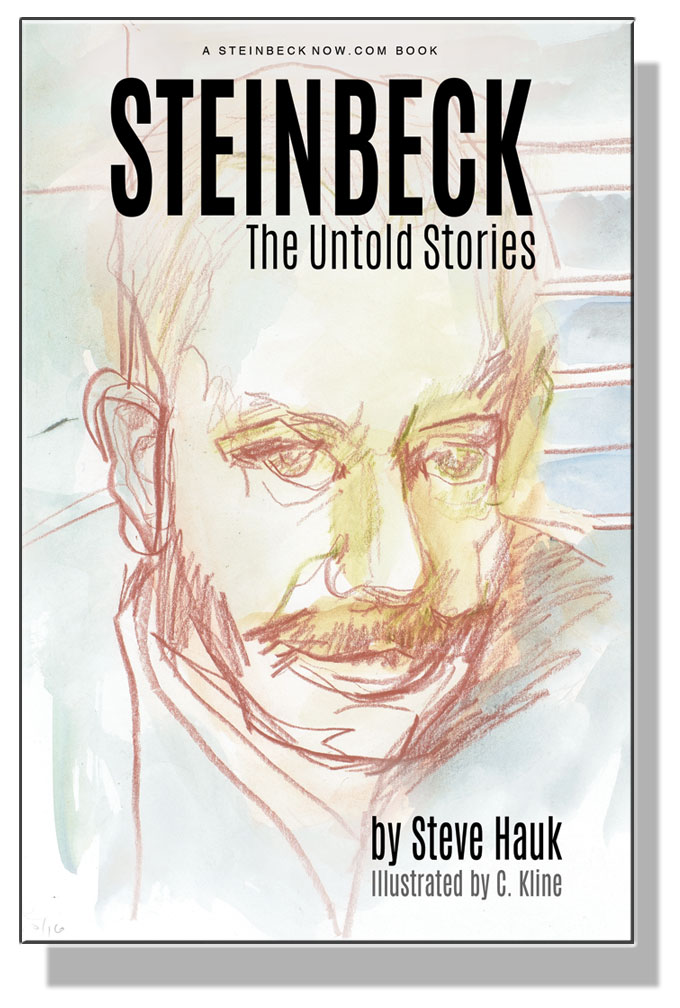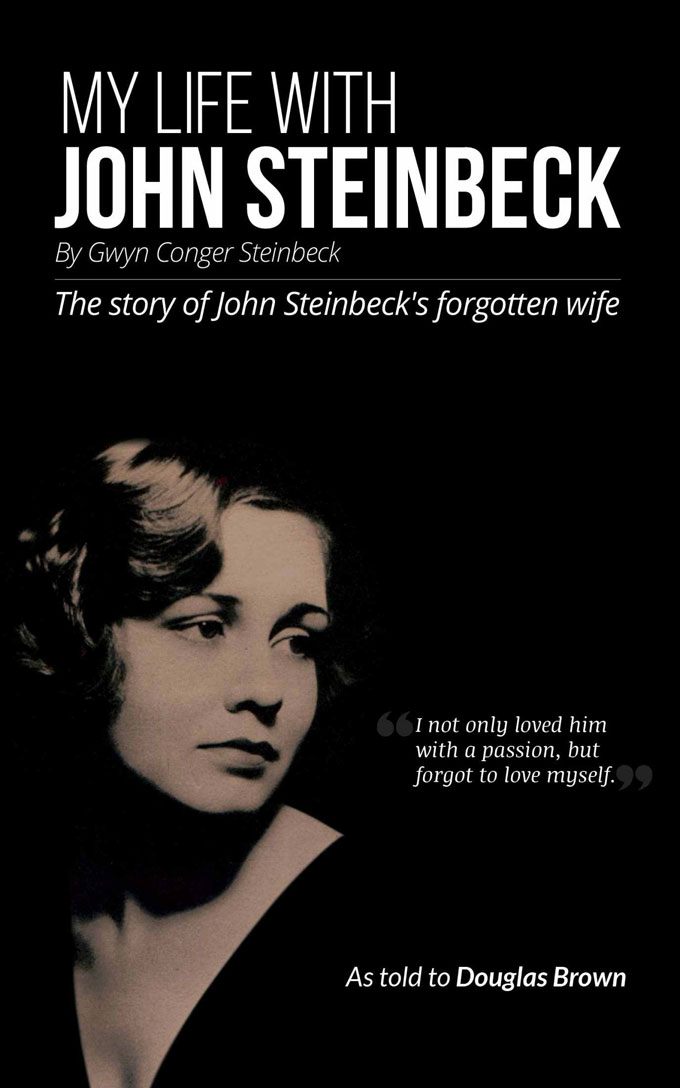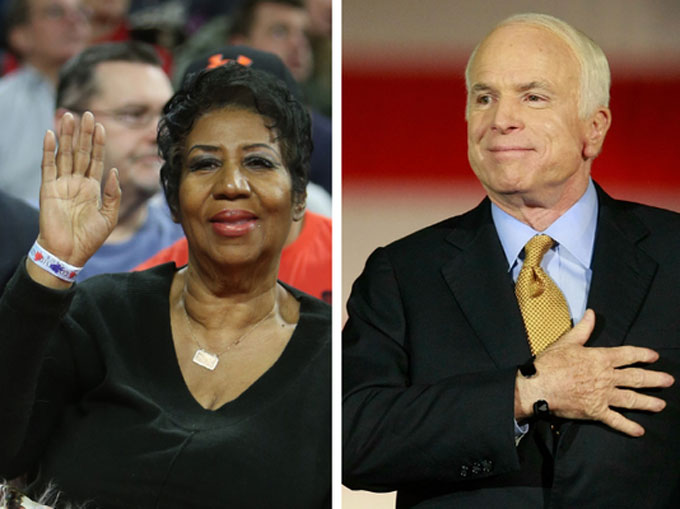Steinbeck: The Untold Stories, short stories about John Steinbeck by Steve Hauk, were plumbed and praised in a recent review, written by Stephen Cooper, connecting Steinbeck’s concept of “collective mind” to the writing of Friedrich Nietzsche. First published by the print journal Steinbeck Review, the article has been turning up at various online outlets, including the Los Angeles Post-Examiner, thanks to Cooper’s reputation as a writer, like John Steinbeck, whose words reward reading whatever the format. “Glimpsing Steinbeck’s ‘Collective Mind’ Through Steve Hauk’s Stories” is worth savoring, even if Nietzsche isn’t your cup of tea.
Archives for September 2018
Latest Book About John Steinbeck Honors No One
The publication of My Life with John Steinbeck, a kiss-and-tell marriage tale from the second wife’s point of view, is likely to raise more dust than it settles in Steinbeck country. Based on an edited transcript by the British reporter who taped interviews with Steinbeck’s second wife, Gwyn Conger Steinbeck, the book has a family-feud slant and an origin story that scholars and survivors have probable cause to challenge. A typescript of the taped interviews, which took place in 1971, has been out since 1976, in the form of a graduate student thesis readily available to researchers at various libraries and Steinbeck centers. Douglas Brown—the journalist hired by Gwyn to ghostwrite her memoir, then fired—was back in Britain when he passed away, in the 1990s, without ever publishing his rewrite of her account of an affair that started when Steinbeck was married to Carol Henning and ended in divorce, legal wrangling, and the birth of sons, now deceased, who both became writers. According to London’s Daily Mail, Douglas Brown passed the manuscript to his daughter before he died. She gave it to an uncle in Wales who showed it to a neighbor named Bruce Lawson, the man whose decision to publish now, 50 years after John Steinbeck’s death and 43 years after Gwyn’s, honors neither.
Funeral Services for Aretha Franklin and John McCain Echoed John Steinbeck
Bill Clinton spoke, Stevie Wonder sang, and there was dancing in the aisles at Greater Grace Temple for Aretha Franklin’s funeral in Detroit on Friday. That was hardly the style of the service for John McCain held at Washington’s National Cathedral today, however. Barack Obama and George Bush eulogized their former rival with discretion. “Danny Boy” was delivered, with care, by a former opera star. The camera caught dignitaries in the audience—among them a current cabinet member and a former secretary of state—nodding off in their seats. But no one danced at John Steinbeck’s funeral 50 years ago either. Like McCain, Steinbeck ordered a by-the-book Episcopal service for himself before he died. Both of his sons served in Vietnam, like McCain, and he declined to criticize a war he doubted could be won out of the same sense of duty. Yet he was vocal about civil rights, and his death in 1968 followed that of Martin Luther King, Jr., the motivating inspiration for everyone in attendance at Aretha Franklin’s event, and for the most memorable speaker at John McCain’s. He liked opera and jazz equally, and he missed hearing music at the funeral of his friend Adlai Stevenson in 1965. The services for John McCain and Aretha Franklin this week had different beats for sure. But they marched in the same direction—toward hope for justice. They were singing Steinbeck’s song.




